Craignish Restoration of Marine & Coastal Habits (‘Cromach’) in Scotland is aiming to increase the seagrass meadows as part of a rewilding project to reintroduce wildlife to the loch, whilst improving the area as a carbon sink.
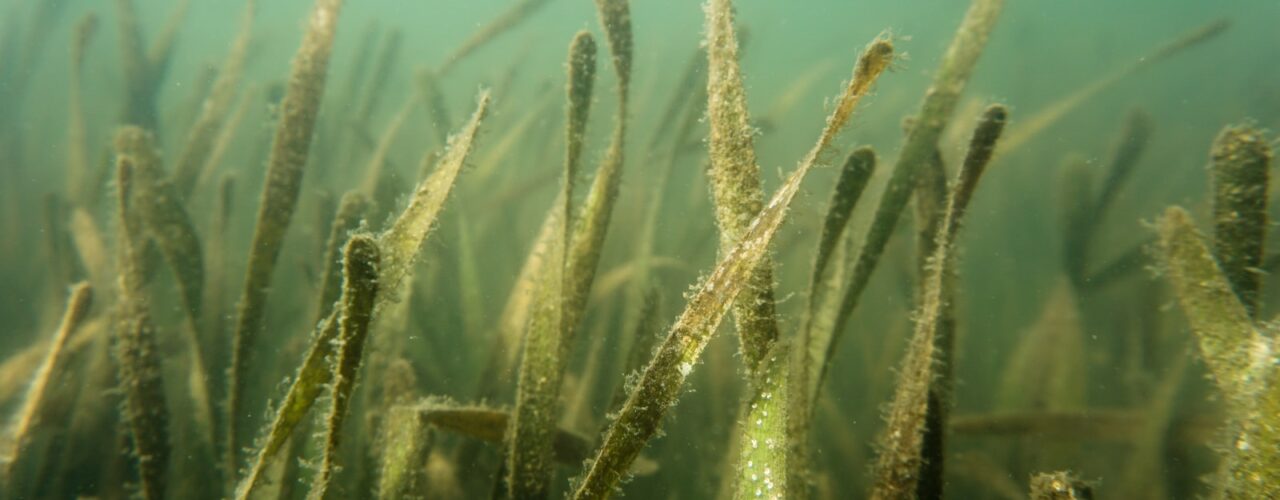
So what?
Seagrass covers 0.1% of the ocean, and sequesters carbon at a much faster rate than the forest. In Scotland, “blue carbon” (e.g. seagrass) stores three times more carbon than the country’s forests combined.
For countries without hectares of rainforests, the marine ecosystem offers a great alternative to soaking up emissions whilst improving biodiversity.
Cromach’s efforts to restore seagrass has demonstrated that it’s a labour intensive process carried out by divers replanting by hand. The survival rate of seagrass seeds is low, meaning the process of growing is a long and arduous one.
But with pressures from COP26 to reach net zero, this could spur mass restoration of marine ecosystems across the world as blue carbon offers another solution to reaching climate goals.
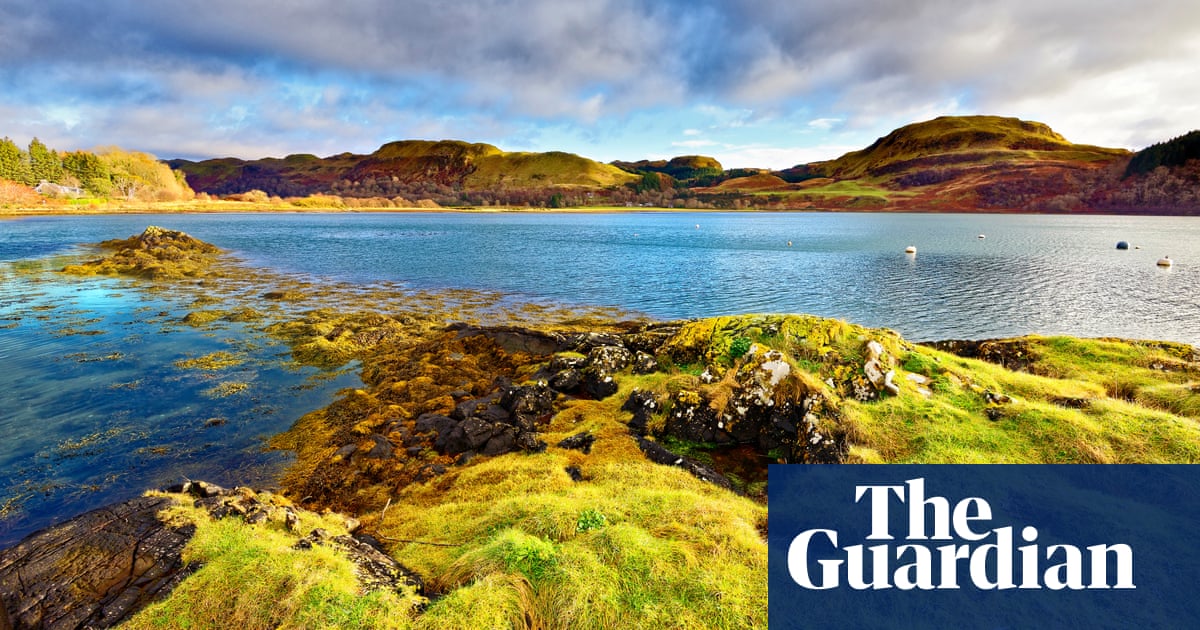
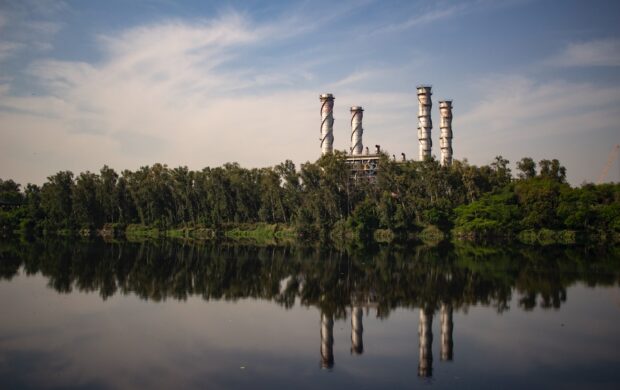

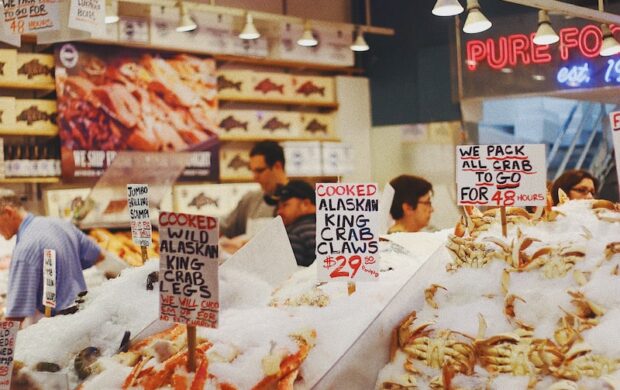


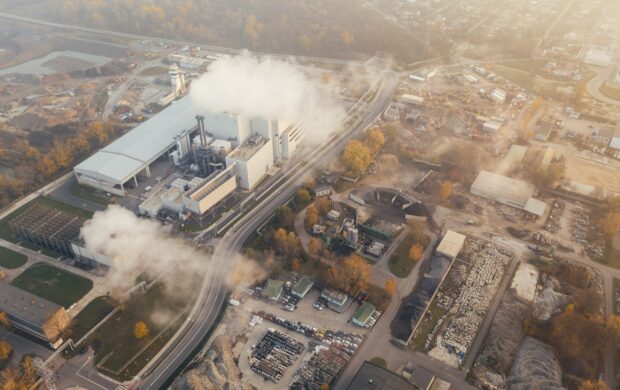


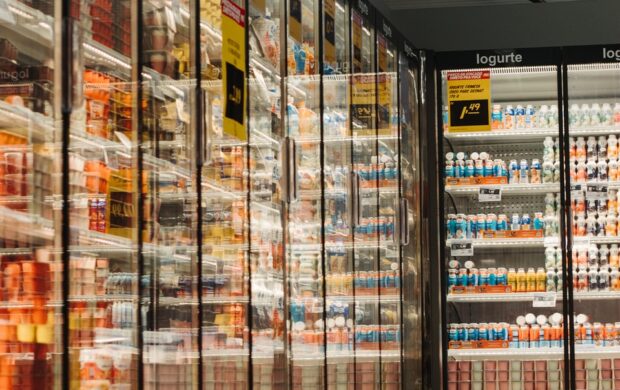
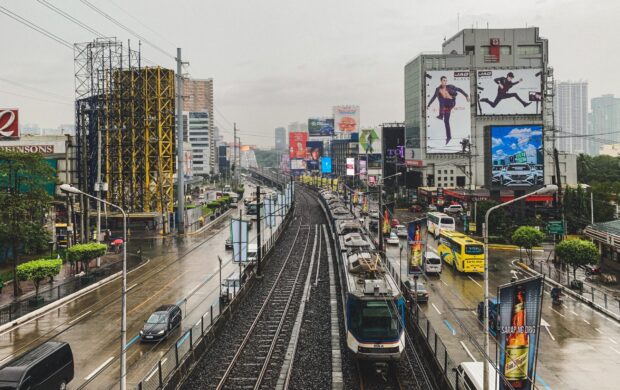
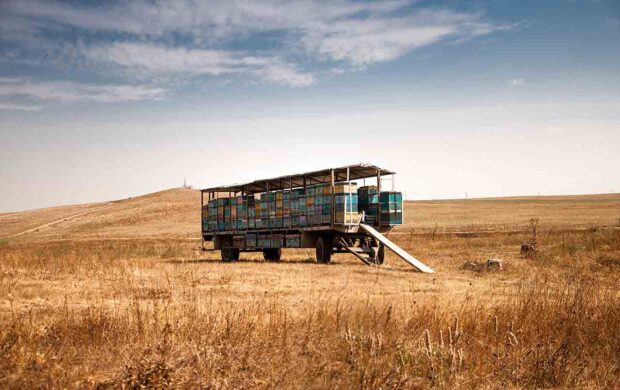
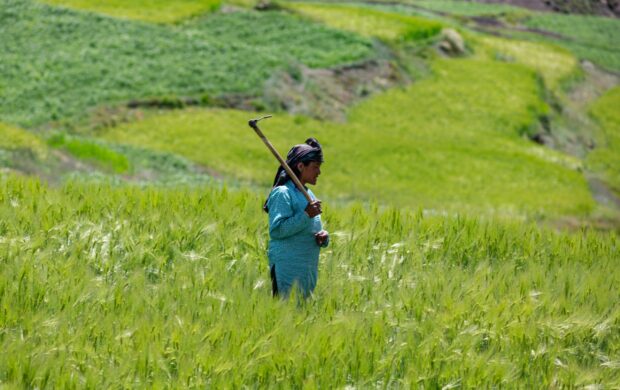
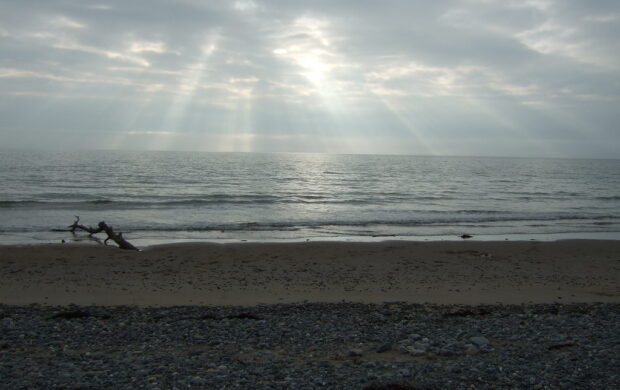


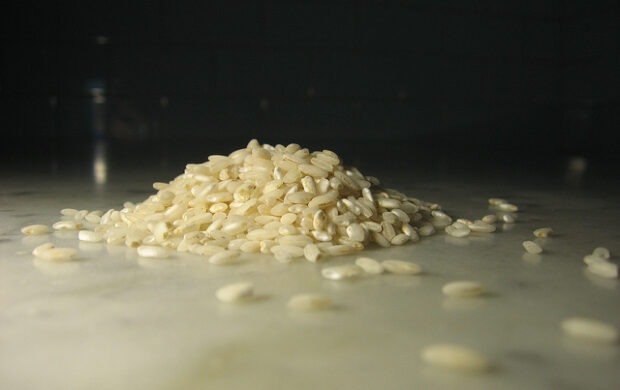

Join discussion